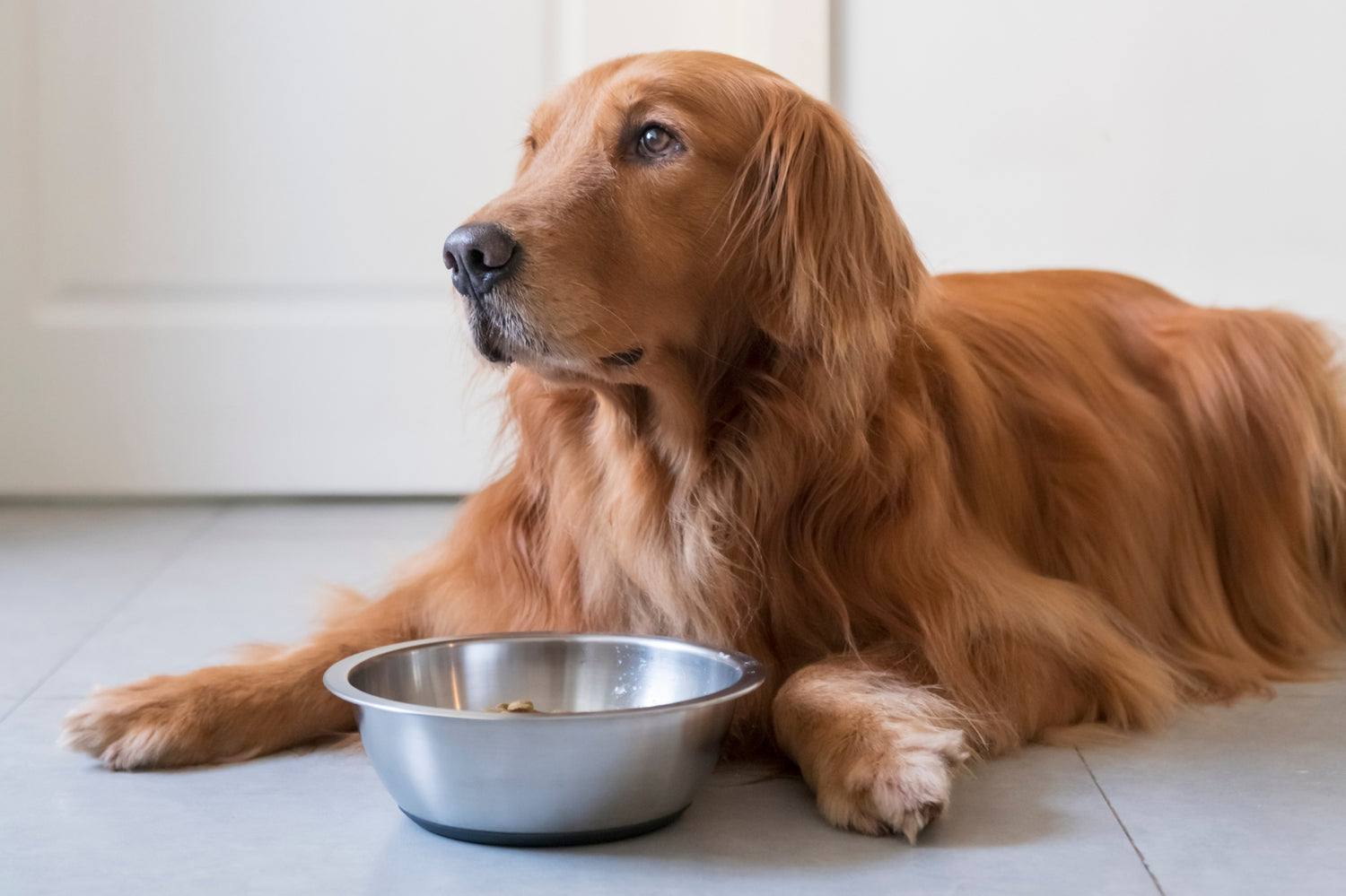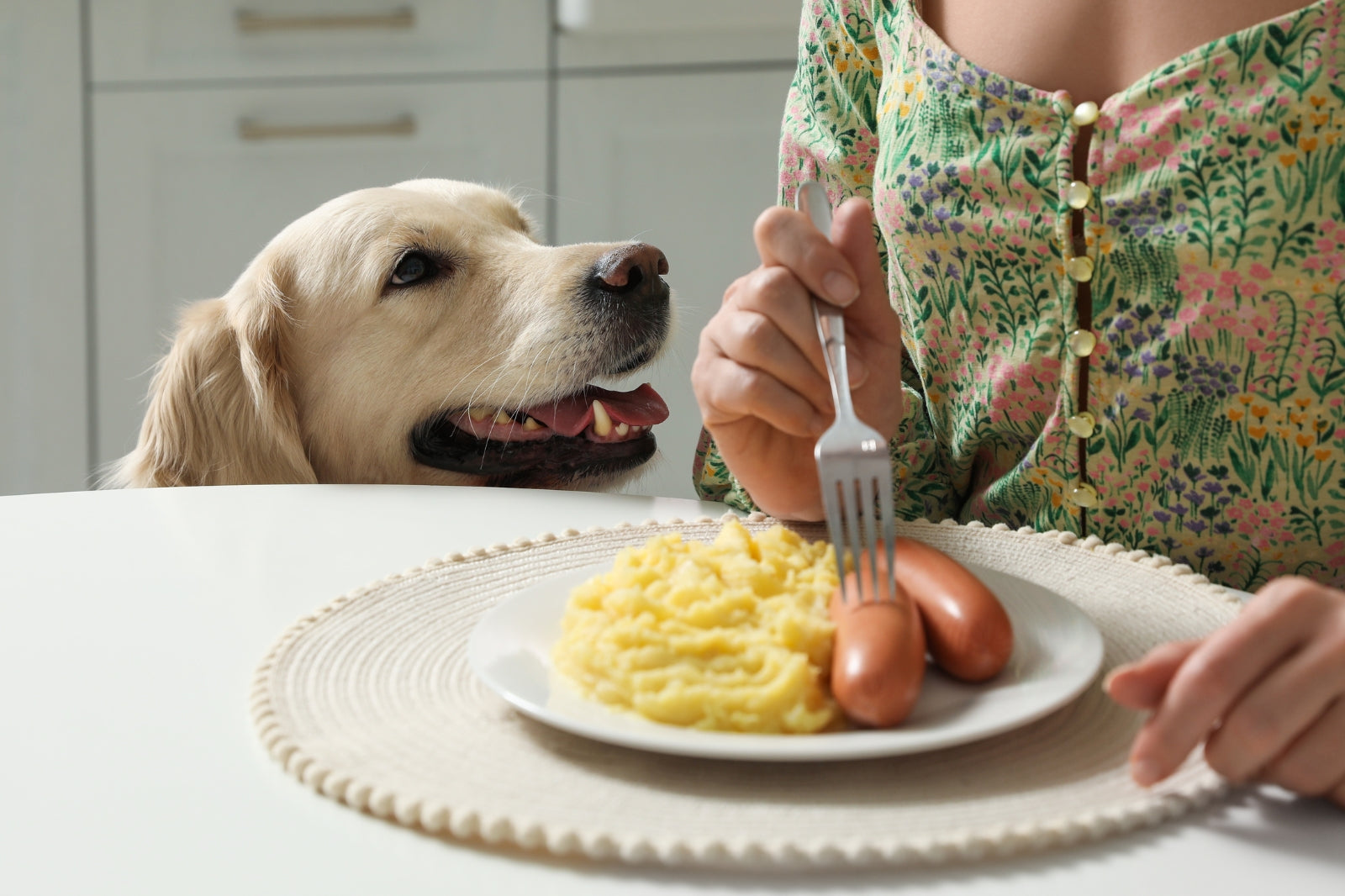Dogs are usually enthusiastic eaters, so a sudden change in appetite often raises red flags. There are several reasons why your pooch might not want to eat, ranging from simple behavioural issues to more serious health problems. Here’s a closer look at some common causes and what you can do about them.
Potential Reasons Why Your Dog Doesn’t Want to Eat
Medical Issues
One of the most serious concerns when a dog stops eating is the possibility of an underlying medical issue. Common health problems that can cause a loss of appetite include:
- Dental problems: Pain from tooth decay, gum disease or oral injuries can make chewing painful.
- Digestive issues: Conditions like pancreatitis, gastritis or infections can cause nausea and reduce appetite.
- Infections: Bacterial, viral or parasitic infections can lead to a decrease in appetite.
- Chronic illnesses: Diseases such as kidney failure or liver disease often result in a loss of appetite.
If your dog has gone without eating for more than 24 hours, it’s crucial to seek veterinary advice. A vet can help diagnose any underlying medical conditions and provide appropriate treatment.
Dietary Changes
Dogs are creatures of habit and sudden changes in their diet can lead to a temporary refusal to eat. This can happen if you switch their food brand or type too quickly (read how to transition from puppy to adult food).
If you’ve recently changed their diet, consider reverting to their previous food and re-introducing the new food gradually, ensuring that it is high quality and nutritionally balanced.
Fussy About The Food
Some dogs can be fussy about their food. If they’re used to eating table scraps or high-value treats, they might turn their nose up at regular dog food.
It’s essential to maintain a consistent diet to avoid this behaviour. If your dog is simply being picky, you might need to try different types of food. How about our Superfood 65 range? Packed with high quality ingredients that are gently cooked to preserve the taste and nutrients, our Superfood 65 recipes are approved by the fussiest eaters. You can also try adding a small amount of low-sodium broth to make the food more appealing.
Fussy Eater Approved Dog Food
Stress and Anxiety
Just like humans, dogs often lose their appetite when they are stressed. Stress and anxiety might impact a dog's eating habits. Situations such as moving to a new home, changes in routine or the introduction of new pets or family members can cause anxiety in dogs. Dogs may also refuse to eat when left alone or when you change their eating spot.
Keeping your dog's eating area quiet and maintaining a consistent feeding schedule can help bring your dog's appetite back to normal.







Leave a comment
This site is protected by hCaptcha and the hCaptcha Privacy Policy and Terms of Service apply.